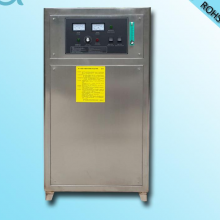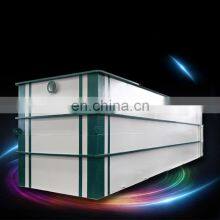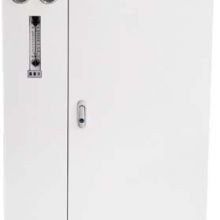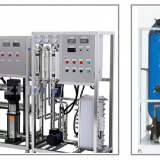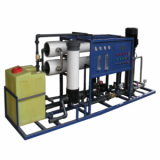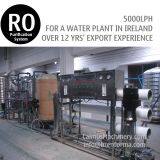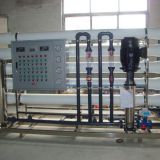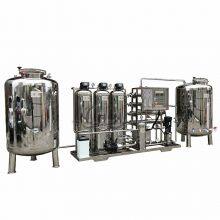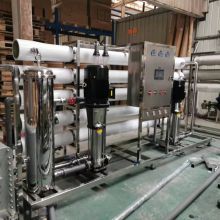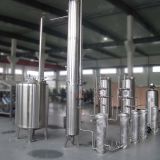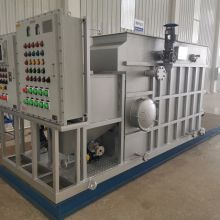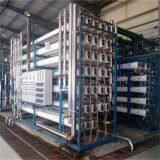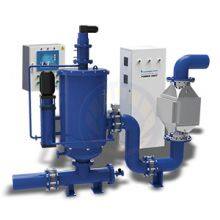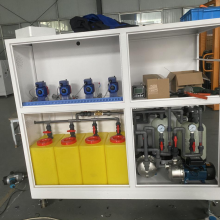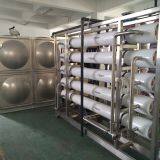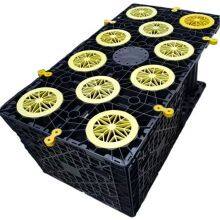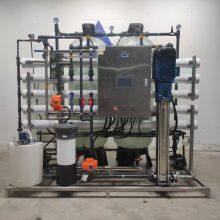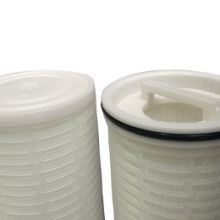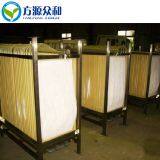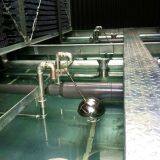Pure drinking water is vital for the health and general well-being of your family. A water treatment system on the tap assures you of clean, safe, refreshing water. Whether you're dealing with hard water, sediments, or contaminants, a suitable system brings cleaner water into the entire house and provides a pleasant quality of life for you while protecting all your appliances.
Water treatment systems are designed to improve water quality through the removal of impurities and contaminants. Different treatments used for water include filtration, reverse osmosis, and UV treatment. Water treatment systems strive to remove undesirable components such as chemicals and bacteria from the water used for drinking, cooking, and bathing. Treating water at the source ensures that clean water from all taps in the household flows out freely.
Having a water treatment system installed increases the quality of life. It improves the water quality in your home through mechanical filtration processes and enhances the taste of water. Water softeners, for example, keep minerals that cause hard water from building up in your plumbing, thus extending the life of appliances. In addition, the reduction of chlorine and other harmful substances will help keep your family's drinking water safe.
Water Treatment Systems enhance the quality of water by advanced filtration processes, minimizing sediment, bacteria, viruses, and other contaminants. With the application of reverse osmosis, the system reduces unwanted substances and contaminants, thereby providing wholesome water at all times. Carbon filters improve taste by eliminating odors from chlorine, rendering drinking water safer and more pleasing to the taste buds.
Selecting an effective water filtration system depends on the specific requirements of your water supply situation. One should consider factors such as flow, pressure, contaminants like bacteria, sediment, and others. Therefore, a local sourcing of Culligan Water to work with an expert for testing of your water and recommendation for a system that is best suited for your particular needs will ensure that you and your family have been enjoying safe, clean water throughout the home.
This softener is highly needed for any home that has hard water, which can lead to scale and sediment deposits in pipes and appliances. This scale deposition of hard minerals such as calcium and magnesium is benefited by a water softener by exchanging the hard minerals with softer ions. This helps protect the plumbing, hence increasing its life, and also increases the efficiency of appliances; soft water feels great to touch, hence improving the feel of the home water for bathing and washing.
Making water safer for human consumption means that sediment and other contaminants must be kept to a minimum. Sediment filters would be good to use against particulate matter, while advanced water filtration systems target specific contaminants such as chlorine and bacteria. On the other hand, with the cleanliness of the system being paramount, so is the constant maintenance and replacement of filters to keep this system running well at all times, giving you safe, clean water.
Installation of this kind of whole-home filtration system goes through several steps, including determining an excellent location, plumbing up the system, and setting up correct water flow and pressure. Following the manufacturer's installation instructions carefully is important to steer clear of the usual installation woes. If in doubt, a professional installation might be advisable to make sure that the system is installed correctly and in an efficient manner right from day one.
You may find some installation challenges, such as fitting the system into your plumbing or adjusting water pressure. You can use valves and fittings as appropriate for the solutions or even seek professional advice. The sooner these installation challenges are resolved, the faster your water filtration system can function smoothly and deliver good water to every tap in your house.
Maintenance is necessary to guarantee the long-term performance of your water treatment. Check for leaks, replace filters as needed, and occasionally observe water pressure. The upkeep activities will allow the system to function longer and continue to produce quality water, so you and your family can enjoy green living and peace of mind.
A: Most manufacturers recommend changing filters based on water usage and time intervals. If you notice a decrease in water pressure or a change in taste, it may be time to replace the filter. Contact customer service for specific guidance based on your system.
A: UV light systems are effective at eliminating bacteria and viruses, but do not reduce harmful chemicals like pesticides or arsenic. For chemical reduction, consider systems that include softening and filtration features.
A: A water softener is necessary if you have hard water, as it reduces mineral buildup in pipes and appliances. Filtration systems focus on removing contaminants, while softeners specifically target hardness.
A: The lifespan of a water treatment system varies by type and manufacturer, but generally ranges from 5 to 15 years. Regular maintenance and timely repair or replacement of parts can extend the system’s lifespan.
A: Reverse osmosis systems use a semipermeable membrane to remove impurities, including arsenic, fluoride, and nitrate, producing clean, filtered water suitable for drinking and cooking.
A: Yes, systems that combine softening and filtration can effectively reduce organic contaminants, improving the quality of water throughout your home.
